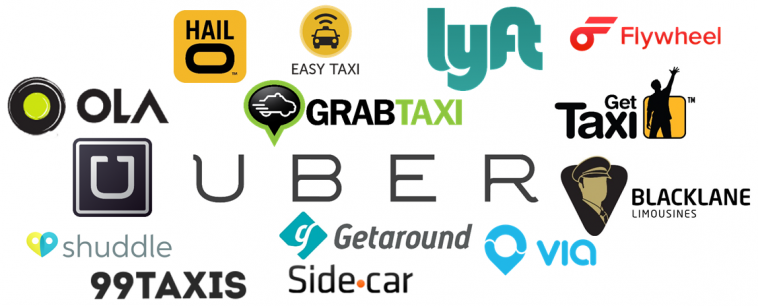In the past years, public transportations in the continents major cities like Freetown, Nairobi, Lagos, and Cairo was pathetic with frequent accidents. The only new solution to the mess is the introduction of Uber into the African taxi market. The smartphone relying on cabs service was launched in 2009 in the US. Uber which relies on smartphone technology for picking customers and payments of charges is currently the most recognized taxicabs to the traditional ones. The cabs are liked by people because of their pocket-friendly prices, convenience, and quality services.
By June 2017, the company was operational in 15 main cities in Africa with 60, 000 drivers in Uganda, Ghana, Egypt, Kenya Tanzania, South Africa and Nigeria. Uber’s main target is to take control of the Africa transport sector though it gets stiff competition from other transport companies. The company launched an app that makes it easier to locate a place by collecting geospatial data from a mobile device. However, the local tech companies in Africa are developing their app gives different forms of services to help transportation and this poses a challenge to the company.
The local tech companies are developing products and services meant to convince customers in various cities making then marketable than the foreign companies. We can draw our example from the Kenyan based Little Cab. The app-based ride-sharing service that was launched in 2016 by Safaricom which is Kenyan mobile operator and it operates in the same way as Uber. The only difference is that it accepts the local mobile payment system Mpesa, unlike Uber. Uber operates on parking free or free from other city charges making it reduce its fee.
Uber charges relatively low fee charges so the locals prefer MPesa as their best method of payment. This has led to Little Cab slowing down the Uber’s operations within the country. Africa Ride, which offers a variety of payment options including weekly and monthly payment plans and accepts payment via mobile wallet apps, is gaining popularity with the citizens of South Africa. The cab has taken control over the major cities in the country allowing individuals, corporations, non-governmental organizations and government departments to set up their accounts.
However, Uber is dedicated to beat back local competition and is partnering with local companies to broaden its appeal. In Nigeria, Uber has collaborated with the payment platform Paga, allowing users to pay for services through its mobile money app. Paga also facilitates payments via local debit cards and cash for its 6.4 million users. A good number of African transportation companies have begun offering various forms of incentives to drivers and passengers in a bid to stay on top. Reacting to complaints of shortchanging by Uber drivers in South Africa, Africa Ride announced its more than 500 drivers would be given a larger stake in the business.
Africa hosts nearly sixty ride-sharing services across 21 countries. Some services have tried to adapt to local socioeconomic realities, though they have not always succeeded. For example, the Nairobi-based Bodapp, launched in 2016, shut down its (boda-bodas) motorcycle taxi and cab service after only two months. The company said it decided to concentrate on its core logistics business at a time when competition in the cab sector was growing. In 2017, South Africa-based startup WhereIsMyTransport launched its Transport for Cape Town app, which provides information for those planning journeys, including timetables, traffic incidents and places of interest. The scheme is expected to expand to six other South African cities during 2017.
Traditional taxi drivers are not happy about the tech-assisted ride-sharing movement, as they fear to lose their jobs or incomes. With their fewer charges, the other operators are seeing it as a way of messing up with the taxi industry in Africa. Some African governments seem to have been surprised by this development in the transportation sector and are rushing to put regulatory policies in place. In 2017, Ghana became the first country in Africa to have a Standard of Understanding (SOU) signed between its Ministry of Transport and Uber. The SOU provides holistic guidelines for taxi operations, and encourages the use of technology but regulates it for riders, drivers, and companies



